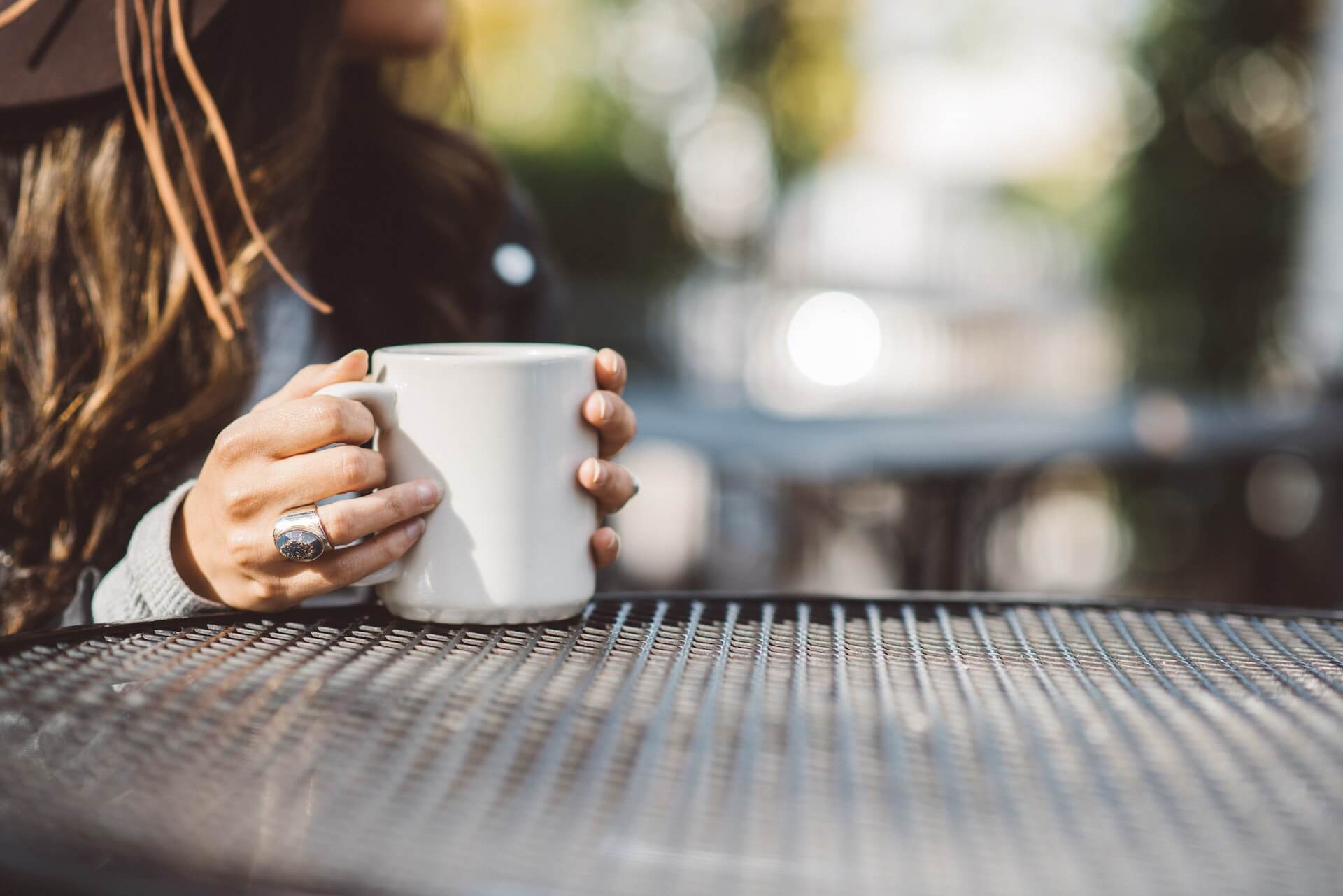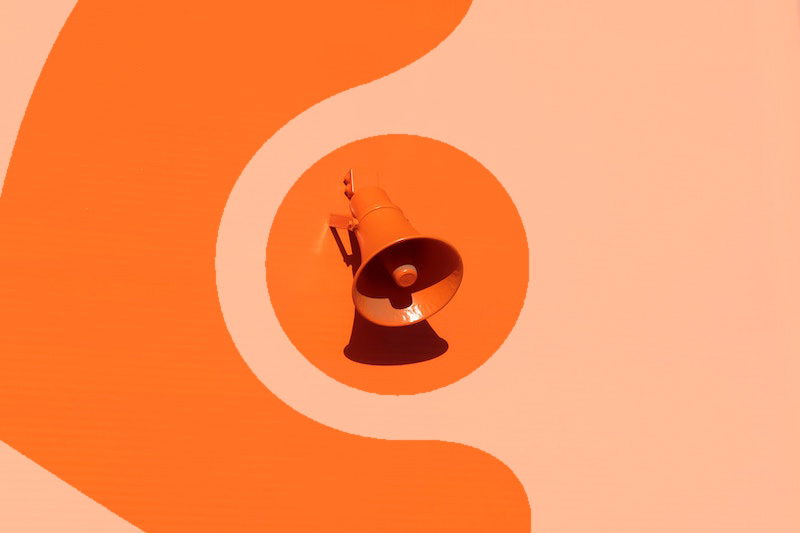What is Interstitial Cystitis?
Painful bladder syndrome or bladder pain syndrome, also commonly known as interstitial cystitis, is a chronic inflammation of the bladder wall. It is not caused by bacteria and does not respond to conventional antibiotic therapy. It can affect both women and men, although it is more common in women.
It can be a long and difficult process to correctly diagnose painful bladder syndrome. The disease affects individuals in different ways. There are no generalised symptoms and day-to-day life is seriously upset. It is important to rule out any other conditions that have similar symptoms to painful bladder syndrome, such as cancer, kidney problems, vaginal infections and neurological disorders. Painful bladder syndrome is often debilitating and can cause feelings of desperation and despair.
There is no cure for this condition and there is no one individual specific treatment that works for everyone. People who suffer from painful bladder syndrome need to investigate ways to help themselves manage the condition. Unfortunately, it is a case of trial and error for the patient.
Symptoms of Interstitial Cystitis
The symptoms associated with painful bladder, or interstitial cystitis syndrome include:
- Frequency – day and night
- Urgency – the need to urinate straight away, in some cases followed by pain, pressure or spasms
- Pain – pain can be located in the abdomen, pelvis, bladder, urethra or vagina.
It is most important that you go to see your GP first because PB/IC is a diagnosis of symptoms plus exclusion of other serious possibilities such as cancer.
Your GP may refer you to a Urologist who may perform tests such as urodynamics or cystoscopy. A cystoscopy uses a cystoscope, which is a long tube that can be inserted into the urethra. It has a camera attached to the end so that an image can be shown on a monitor. It can take time to obtain a correct diagnosis as symptoms of PB/IC can be similar to other conditions for example, Overactive Bladder or Bacterial Cystitis.
Managing Painful Bladder Syndrome
Management methods of Painful bladder syndrome, or interstitial cystitis can be divided into two groups; self-help and medication.
Self-Help
- Diet – it has been suggested that some foods can aggravate an inflamed bladder. It is a good idea to look at your diet and see whether there are certain foods that you find troublesome. Cut out these foods and see if this improves your condition. What may affect one person may not affect another. Suggested foods to try and avoid include citrus fruits which contain acid, spicy foods, onions, tomatoes, vinegar, some cheeses, chocolate, coffee and alcohol, and yoghurt
- Relax and unwind – painful bladder syndrome is a very difficult condition to deal with and manage. A loss of sleep and a constant pain can be extremely stressful which can then aggravate symptoms. Try some basic relaxation therapies such as visualisation and massage for some relief
- Exercise – is a great physical and mental stimulant and gives our bodies a natural boost. Try some gentle exercise such as walking or swimming. You may find it difficult to exercise especially if you are tired and in pain so its always best to listen to your body and don’t push yourself
- Avoid cranberry products as they DO NOT help in this condition at all, they actually aggravate it
Medical Treatment
Despite all the research and studies that have been carried out, as yet no possible cure has been found. There is no single drug that is effective in all patients. You may have to try various options before you find a treatment that suits your symptoms.
There are many different medical options available, consisting of:
- One or more oral drugs such as anti-inflammatories, anti-spasmodic and antidepressants
- Topical drug treatment
- Bladder instillations or intramural injections
- Bladder distension
- Laser therapy or fulguration (specifically for Hunner’s lesions)
- Neuromodulation/electrotherapy
- Surgery
- Different forms of physical therapy and mind-body therapy
- Myofascial therapy
- Trigger point therapy and pelvic floor relaxation
You can read more on treatments for painful bladder and interstitial cystitis treatments by clicking the link. You should talk to your GP before beginning or switching to any new treatment.
Further Help For Bladder Pain
If you are concerned about your problem and it is starting to affect your day-to-day life make an appointment to see your doctor as you may need to be referred to a specialist.
If you are experiencing bladder pain you can contact a continence nurse or specialist physiotherapist, who are healthcare professionals who specialise in bladder and bowel problems.
Information on this page has been updated with the help of www.painful-bladder.org. If you’d like to read their information sheet on painful bladder / interstitial cystitis please click here.
You can also find information about painful bladder / interstitial cystitis on the Bladder Health UK website – bladderhealthuk.org, Telephone – 0121 702 0820








